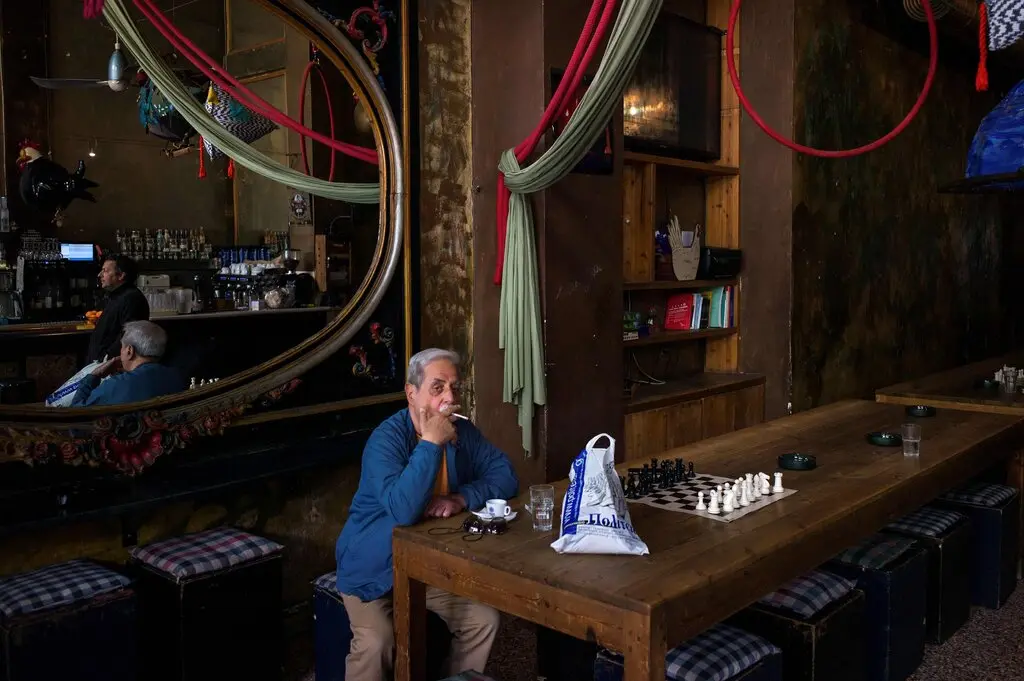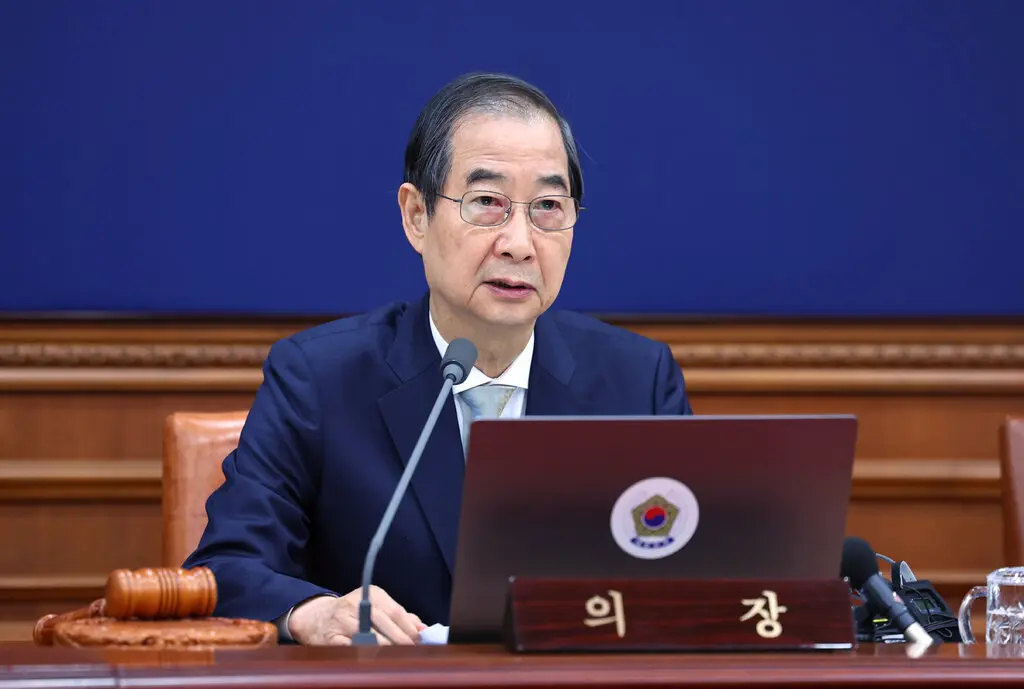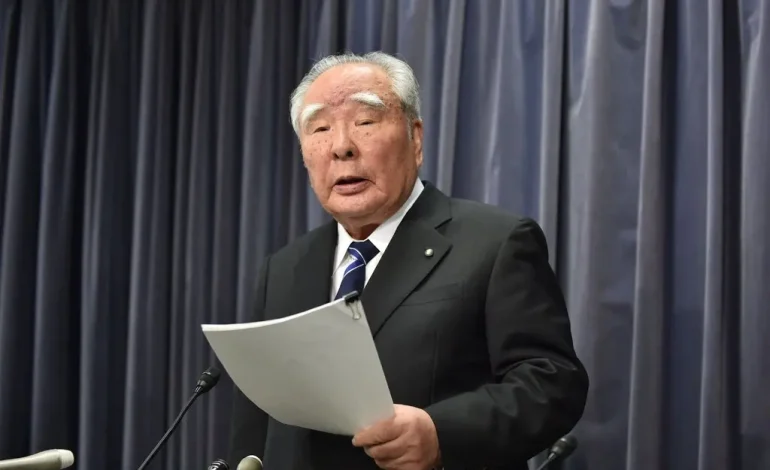Osamu Suzuki, the transformative leader who guided Suzuki Motor for more than 40 years, passed away on Wednesday in Shizuoka Prefecture, Japan, due to malignant lymphoma. He was 94 years old, the New York Times reports.
Suzuki Motor announced his death on Friday, marking the end of an era for the automaker. Under Mr. Suzuki’s stewardship, the company evolved from a modest domestic manufacturer into a global automotive giant known for its small vehicles and motorcycles, with annual revenues exceeding $30 billion.
Born in 1930 in Gifu Prefecture, Japan, Osamu Suzuki joined the automaker in 1958 after marrying into its founding family, adopting their name as per Japanese tradition. Rising steadily through the ranks, he assumed the presidency in 1978 and held various leadership roles until 2000, before later returning to day-to-day control during pivotal moments. His nearly half-century at the helm made him one of the longest-serving leaders in the automotive industry.
Under Mr. Suzuki’s leadership, the company adopted a strategic focus on producing small, affordable vehicles, steering clear of direct competition with Japan’s automotive titans like Toyota and Honda. He also expanded Suzuki’s footprint in emerging markets, prioritizing regions with growing demand for compact, cost-effective transportation.
One of Mr. Suzuki’s most significant achievements was Suzuki Motor’s entry into the Indian market in the early 1980s. Partnering with the Indian government, Suzuki’s vehicles rapidly gained popularity, positioning the company as a dominant force in the country. Today, Suzuki’s Indian subsidiary holds approximately 40% of India’s passenger car market, a testament to the long-lasting impact of Mr. Suzuki’s vision.
Mr. Suzuki also forged strategic alliances with major global automakers, including Volkswagen and General Motors. While these partnerships eventually dissolved, Suzuki Motor later strengthened its collaboration with Toyota, Japan’s automotive leader, ensuring its continued relevance in the rapidly evolving industry.
In 2000, Mr. Suzuki transitioned to the role of chairman, though he returned as chief executive in 2008 following the death of his son-in-law and designated successor, Hirotaka Ono. In 2016, he stepped down as CEO after a scandal involving improper fuel economy testing for vehicles sold in Japan. Nevertheless, he remained involved as chairman and later as a senior adviser until his full retirement in 2021.
Osamu Suzuki’s leadership was marked by resilience, foresight, and adaptability. Even after stepping down from active roles, he maintained close ties to the company, stating that he was “full of life” and eager to support management. His commitment to the company’s growth and his enduring influence on global markets remain key aspects of his legacy.
Suzuki Motor did not provide details about Mr. Suzuki’s survivors. However, his son, Toshihiro Suzuki, continues to lead the company as its president, ensuring the continuity of his father’s vision.









